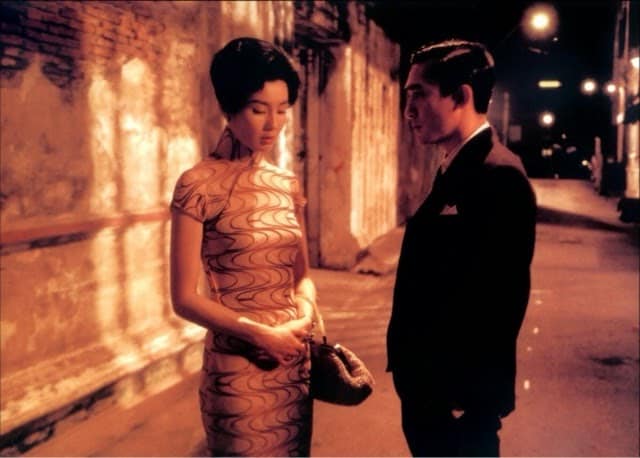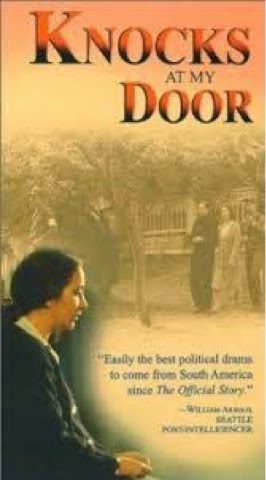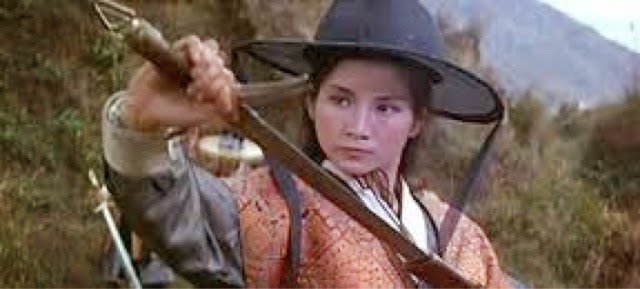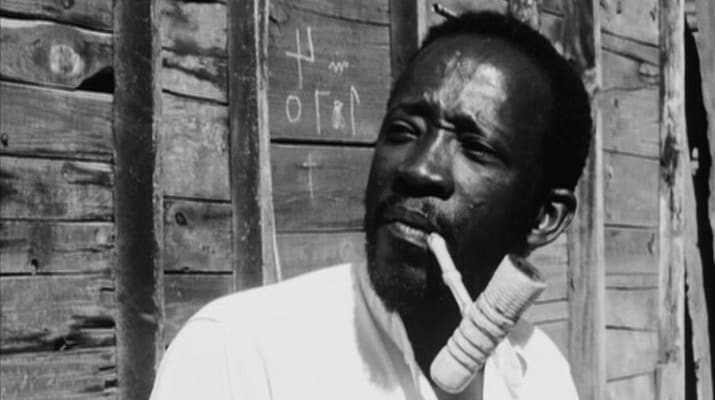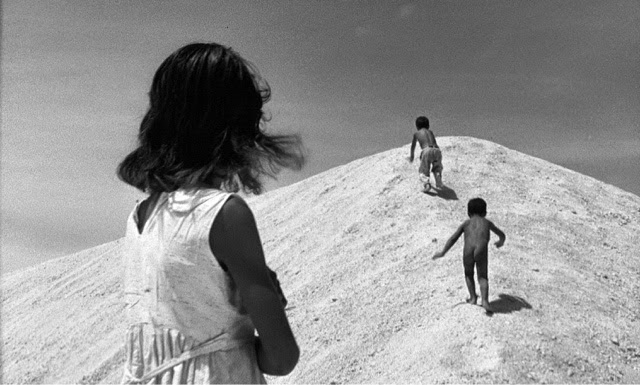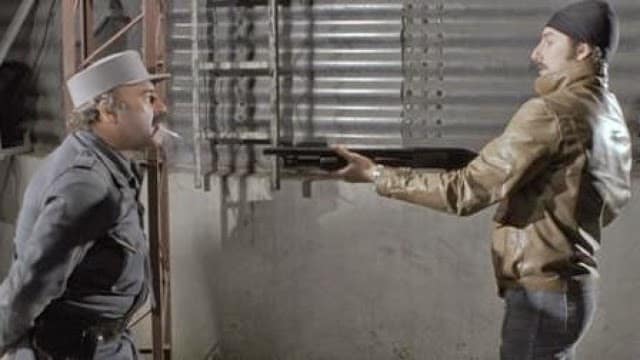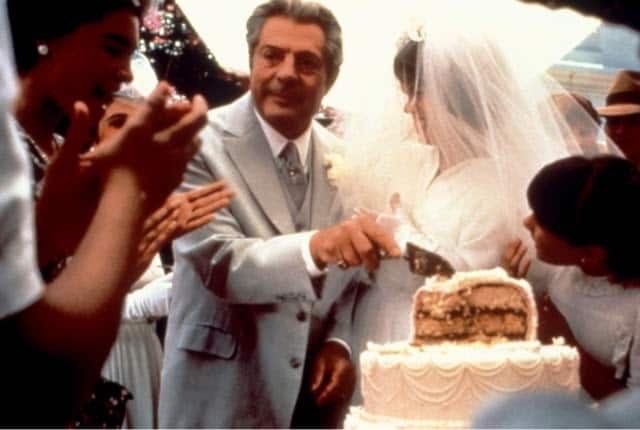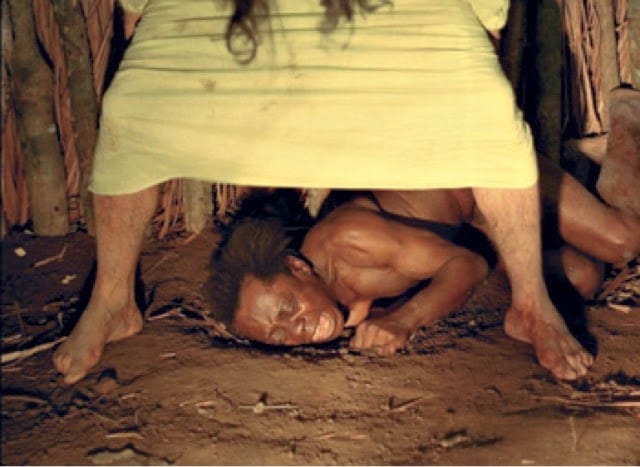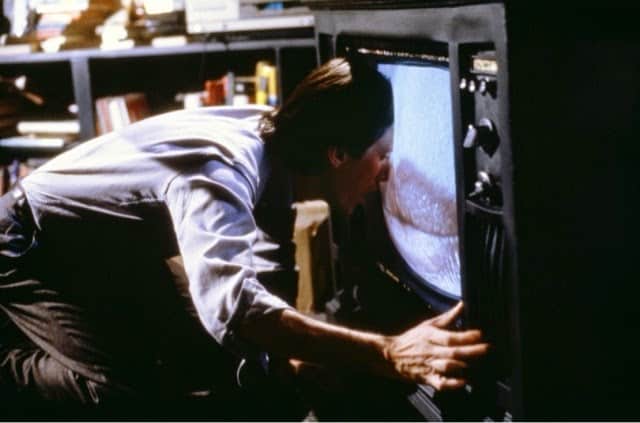ESSAYS
September 28, 2010
Wong Kar-Wai is considered influential. In the Mood for Love (2000) was a big commercial success for him. How does it compare to Wong Kar-Wai’s other work?
October 1, 2010
What is independent cinema? Critics and film scholars have wrestled with a definition of independent for most of cinema’s existence.
March 22, 2010
Knocks at my door explores the political instability that has plagued Latin-American countries and Third-world countries in general.
June 3, 2011
“Most critics really don’t get it.”, as they say. I feel compelled to respond to the casual filmgoers who don't understand the critic’s perspective.
October 1, 2010
In Come Drink With Me, King Hu considers each of the director’s tools, using camera movement differently than editing or the wide-screen space.
October 1, 2010
In its perspectives and traditions, African cinema draws the spectator into its narrative, nurturing a symbiotic relationship with life itself.
March 20, 2018
I haven’t been motivated enough by any of the recent movies to add to the discussion. Black Panther has changed that. Although not a revolutionary film, elements of it speak to me profoundly.How does Black Panther paint the African-American portrait? How does it interact with other films from Africa and the African diaspora?
March 22, 2010
The most striking aspect of the movie Araya is its beautifully contrasted black-and-white photography. Benacerraf effectively conveys her love of Venezuela.
March 22, 2010
Although separated by more than a decade, Funny Dirty Little War and Macunaïma both try to provoke social change by using satire.
March 26, 2010
In I Don’t Want To Talk About It which precedes her sudden death in 1995, Maria Luisa Bemberg explores the same themes as in her most famous movie, Camila.
March 22, 2010
One of the most interesting aspects of South-American cinema is its post-colonial perspective. Having lived myself and being raised in a Third-world country, I can identify and relate to the plight of South-American characters, living up to their (displaced) roots while fighting their imposed colonial heritage. I’ve seen firsthand the social stratification that the colonial rule instilled into the indigenous […]
September 28, 2010
This essay will explore the duality of Cronenberg’s works, as a statement on man’s curiosity and an open window to the unknown in Videodrome and eXistenZ.
